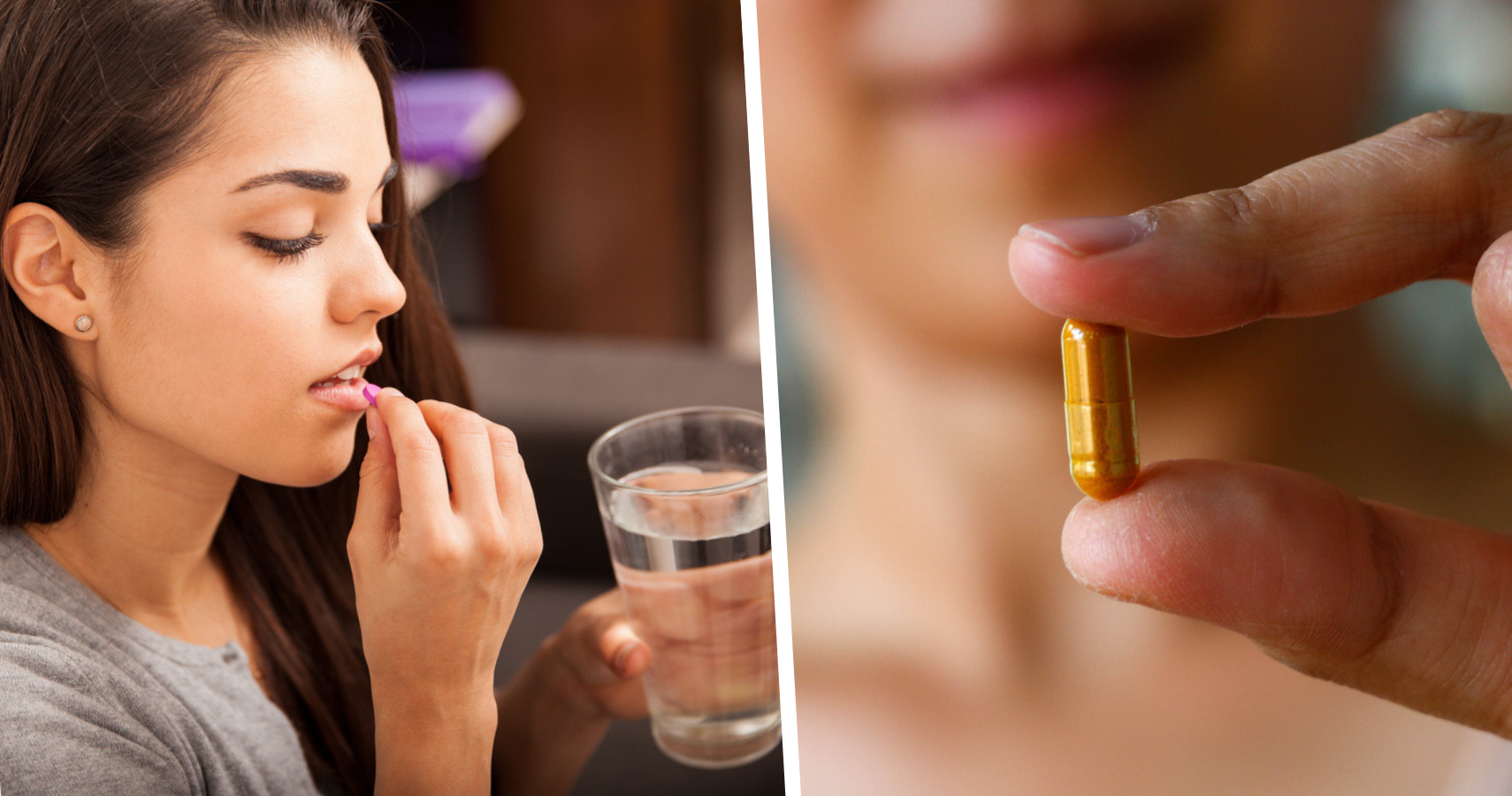What do Kim Kardashian, Hilary Duff, and Chrissy Teigen have in common? They’ve all consumed their own placentas for the supposed health benefits after giving birth. Those who believe in the practice say that ingesting human placenta preparations helps to prevent postpartum depression, overcome anemia, increase energy levels and boost breast milk production.
But on Tuesday, Health Canada is warning moms and others from consuming human placenta because of the potential risks for themselves and their babies. The federal department said consuming human placenta could lead to bacterial or viral infections in mothers or their babies. The risk is higher if someone ingests the placenta of another person.
The U.S. Centers for Disease Control and Prevention reported the case of an infant who had been hospitalized for an infection from a bacteria found in the placenta pills his mother had been ingesting.
The federal department also said placenta products prepared by a third party are considered drugs and are subject to the requirements of the Food and Drugs Act. No such products containing human placenta are authorized for consumption in Canada.
"When you deliver a baby, there is a lot of bacteria in your vagina and cross-contamination with other things, like feces," said Dr. Amanda Selk, an obstetrician-gynecologist at Women's College Hospital in Toronto, commenting on Health Canada's warning. "It's all close together, especially with a vaginal delivery."
Selk said there is no scientifically proven means to prepare placenta - whether by cooking, steaming, dehydrating or encapsulating - that guarantees any bacteria or viruses present are destroyed.
"And some people actually eat it fresh," Selk told CTV News.
Health Canada cited a case reported by the U.S. Centers for Disease Control about an infant who was hospitalized for an infection from a bacteria found in the placenta pills his mother had been ingesting.
Health Canada said it has sent several compliance letters to clinics and individuals offering human placenta encapsulation services to clarify regulatory requirements, and the department said it will take regulatory action if any health risk is identified.
Selk advises against women consuming placenta products, not only because of the risk of infection, but also because there is no scientific evidence that it has any health benefits.
"But people trust their friends and personal experience," Selk said. "So when someone says 'I ate it and I felt better,' a lot of people trust that information and they don't see any risk to it or minimal risk to it.
"We have things that we know work for (anemia and postpartum depression) and until we have a way to say that this is actually a safe process, we wouldn't recommend it."
READ NEXT: Dangerous Air Particles Found In Pregnant Women’s Placentas, Potentially Endangering Babies

